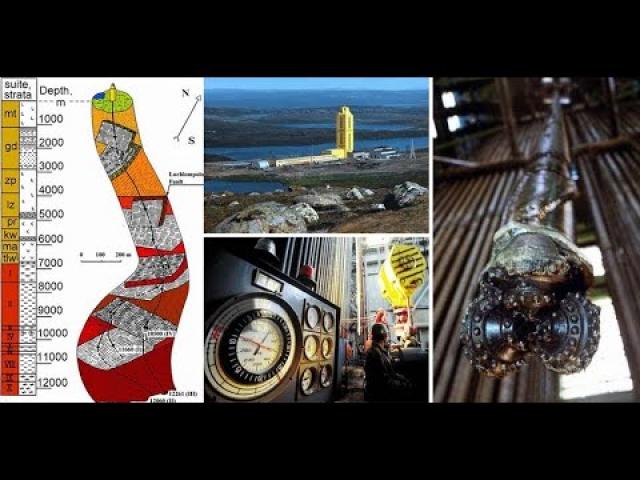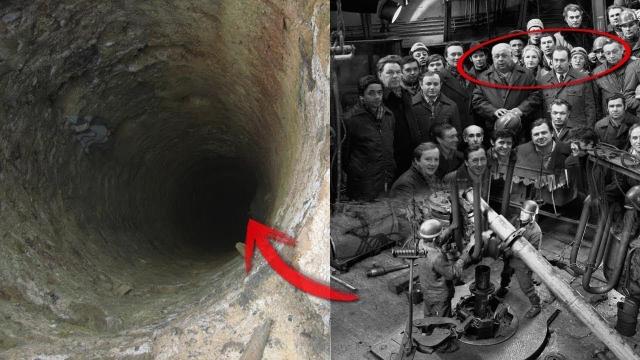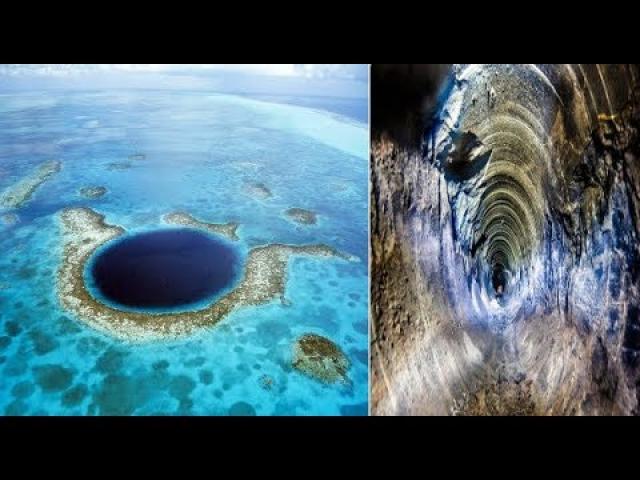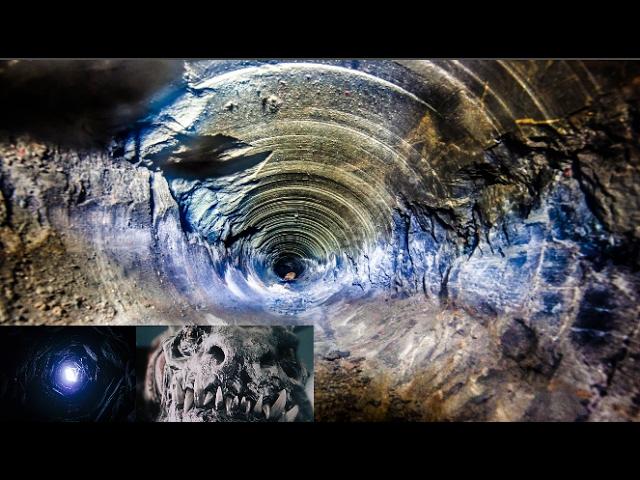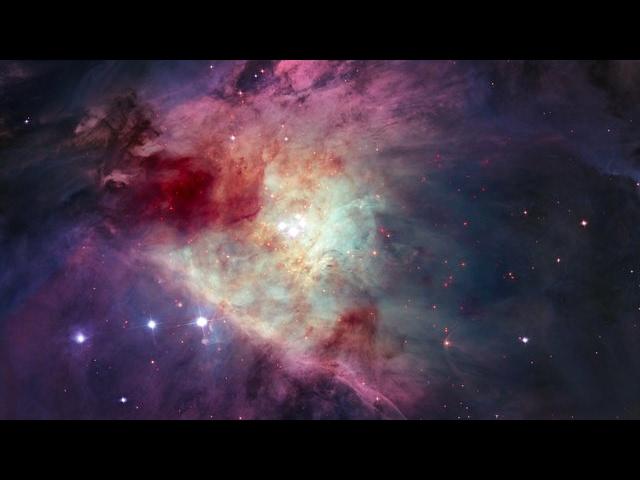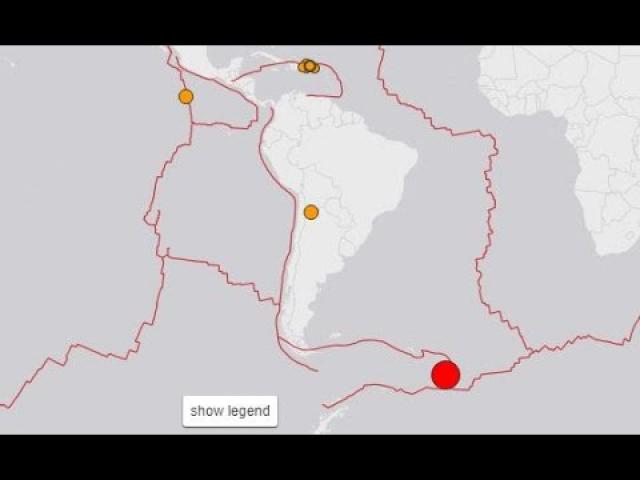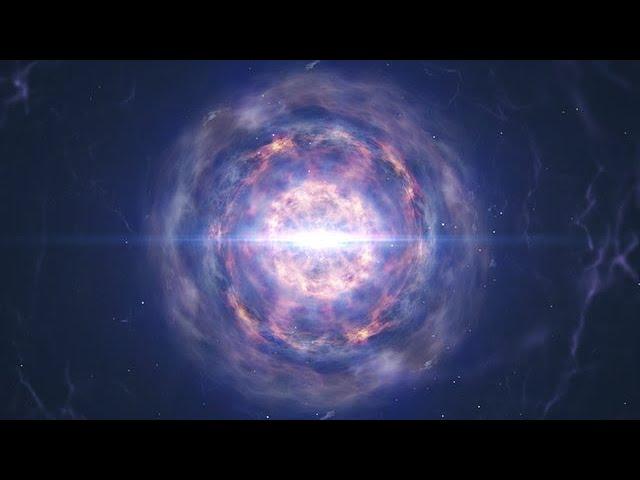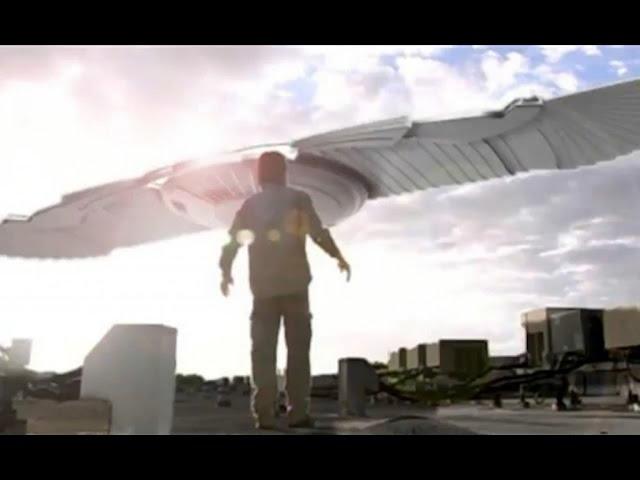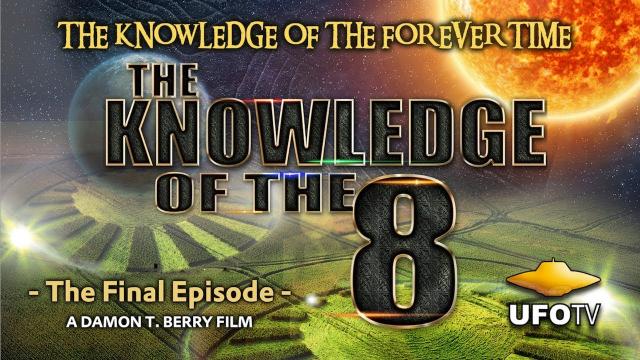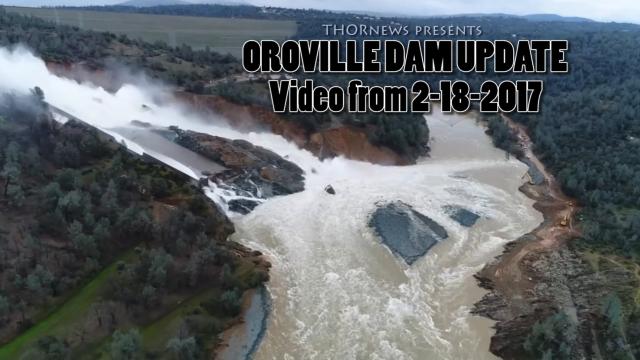The Deepest Sound in the Universe
Description
Thanks to X-ray telescopes, scientists in the 1970s found the first real evidence that black holes actually existed, and astronomer Andrew Fabian has used X-ray research to unlock incredible mysteries ever since, including a giant sound wave that can travel through intergalactic gas!
This episode was made in partnership with The Kavli Prize. The Kavli Prize honors scientists for breakthroughs in astrophysics, nanoscience, and neuroscience — transforming our understanding of the very big, the very small, and the very complex. To learn more about Andrew Fabian’s work, go to http://kavliprize.org/prizes-and-laureates/prizes/2020-kavli-prize-astrophysics.
If you want to learn more about the 2018 Kavli Prize Astrophysics laureate, Ewine van Dishoeck, check out this episode on our main SciShow channel:
https://youtu.be/YL8JwFj-wgU
Hosted by: Reid Reimers
SciShow has a spinoff podcast! It's called SciShow Tangents. Check it out at http://www.scishowtangents.org
----------
Support SciShow by becoming a patron on Patreon: https://www.patreon.com/scishow
----------
Huge thanks go to the following Patreon supporters for helping us keep SciShow free for everyone forever:
Jb Taishoff, Bd_Tmprd, Harrison Mills, Jeffrey Mckishen, James Knight, Christoph Schwanke, Jacob, Matt Curls, Sam Buck, Christopher R Boucher, Eric Jensen, Lehel Kovacs, Adam Brainard, Greg, Ash, Sam Lutfi, Piya Shedden, KatieMarie Magnone, Scott Satovsky Jr, Charles Southerland, charles george, Alex Hackman, Chris Peters, Kevin Bealer
----------
Like SciShow? Want to help support us, and also get things to put on your walls, cover your torso and hold your liquids? Check out our awesome products over at DFTBA Records: http://dftba.com/scishow
----------
Looking for SciShow elsewhere on the internet?
Facebook: http://www.facebook.com/scishow
Twitter: http://www.twitter.com/scishow
Tumblr: http://scishow.tumblr.com
Instagram: http://instagram.com/thescishow
----------
Sources
https://academic.oup.com/mnras/article/344/3/L43/1015198
http://kavliprize.org/prizes-and-laureates/prizes/2020-kavli-prize-astrophysics
https://www.nature.com/news/polopoly_fs/1.13512!/menu/main/topColumns/topLeftColumn/pdf/500135a.pdf?origin=ppub
https://www.scientificamerican.com/custom-media/biggest-questions-in-science/x-ray-vision-into-the-hottest-spots-in-the-universe/
https://www.nasa.gov/chandra/multimedia/perseus-cluster.html
https://www.nasa.gov/centers/goddard/universe/black_hole_sound.html
https://chandra.harvard.edu/press/03_releases/press_090903.html
https://www.nature.com/articles/news030908-14
http://kavliprize.org/about
https://www.nature.com/articles/235037a0.pdf
http://articles.adsabs.harvard.edu//full/1995IrAJ...22..216A/0000218.000.html
https://www.mssl.ucl.ac.uk/www_astro/academic/thesis_abstracts/acfabian_abstract.html
Image Sources:
https://svs.gsfc.nasa.gov/13043
https://svs.gsfc.nasa.gov/12854
https://www.nasa.gov/mission_pages/herschel/multimedia/pia17009.html
https://svs.gsfc.nasa.gov/13237
https://svs.gsfc.nasa.gov/13237
https://www.jpl.nasa.gov/edu/news/2019/4/19/how-scientists-captured-the-first-image-of-a-black-hole/
https://svs.gsfc.nasa.gov/12587
https://svs.gsfc.nasa.gov/31034
https://svs.gsfc.nasa.gov/10663
https://hubblesite.org/contents/news-releases/2008/news-2008-28.html
https://chandra.harvard.edu/photo/2008/perseus/more.html
https://en.wikipedia.org/wiki/File:NASA-PerseusGalaxyCluster-ChandraXRayObservatory-20140624.jpg
https://www.eso.org/public/videos/eso2018b/

